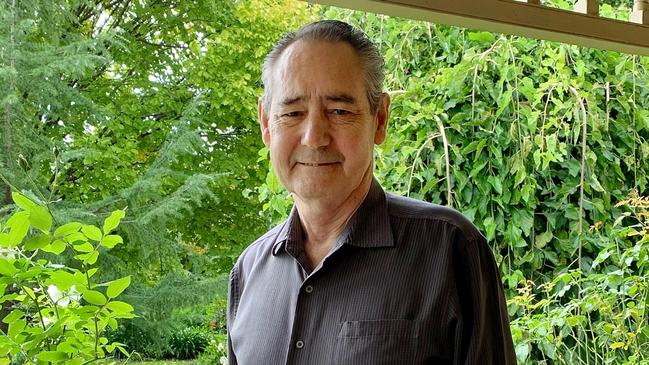Health funds refuse to pay for life saving devices if government scraps Prostheses List
Health funds are refusing to pay for some life saving medical devices and the problem could be about to get even worse.
National
Don't miss out on the headlines from National. Followed categories will be added to My News.
Exclusive: Health funds may soon be able to refuse to pay for medical devices including hip and knee replacements, cardiac devices and breast implants, leaving patients thousands of dollars out of pocket.
The government is considering scrapping the prostheses list that requires health funds pay for the devices in reforms expected to be included in the May Budget.
And a leading New South Wales cardiologist has revealed health funds are already declining to pay for some lifesaving medical devices.
Dr Bradley Wilsmore said four of the nation’s biggest funds have refused to pay for remote cardiac monitors for his patients, showing they can’t be trusted when they say they will cover the cost of any device a doctor recommends.
Health funds told News Corp that legally insurers can only cover medical devices when they are provided as part of a hospital treatment episode — these patients wanted the device years after their surgery.
In some cases the health funds have provided an ex-gratia payment for the device where clinical evidence was provided.
More than 11,000 medical devices are on the Prostheses List, that is managed by a government committee. Any device on that list has to be paid for by a health fund, at the price set by the government.
It’s one of the key pillars of the private health insurance system.

However, private health insurers claim privately insured Australians are paying up to 110 per cent more than patients in other countries for the devices and 45 per cent more than public hospital patients.
They want the prostheses list axed, an average price set for medical devices and their cost bundled into the overall cost of a hospital episode.
It would save health fund members $500 million and stop health fund premiums rising by at least one per cent per annum (around $70 a year), Private Healthcare Australia chief Dr Rachel David said.
“We have been completely clear that we will continue to pay for what we’re paying for now but it will be at a fair price, not five times as much as every other comparable country around the world and the public sector,” she said.
“So long as it is documented in the case notes by the surgeon and not by some other person like a rep or nurse, but by the surgeon who’s making the decision we will pay.”
To highlight the price disparity, insurers point to a medical tape that costs $29 in America but sells for $349 in Australia, costing health fund members $1 million collectively in the last 18 months.
A similar overpriced product cost health fund members $6 million before the government took action.
Medical Technology Association of Australia CEO Ian Burgess said history had repeatedly proven that unless corporate health insurers have agreed to or are “forced to” fund medical devices and prostheses treatments through the prostheses list, they were more reluctant to do so.

“Hospitals and patients could be left worse off under proposed changes being considered by the Department of Health, and championed by corporate health insurers, that will leave them picking up the costs for lifesaving medical devices,” he said.
The industry has conceded reforms are needed and it is offering to benchmark prices to a level that was 20 per cent higher than public hospital prices.
Retired Qantas flight attendant Errol Holdaway who relies on his health fund paying $10,000 every four years for his insulin pump to control his Type 1 diabetes said the government should “definitely think twice, and definitely think of the ramifications to the overall health system” before it scrapped the prostheses list.
More Coverage
Originally published as Health funds refuse to pay for life saving devices if government scraps Prostheses List





